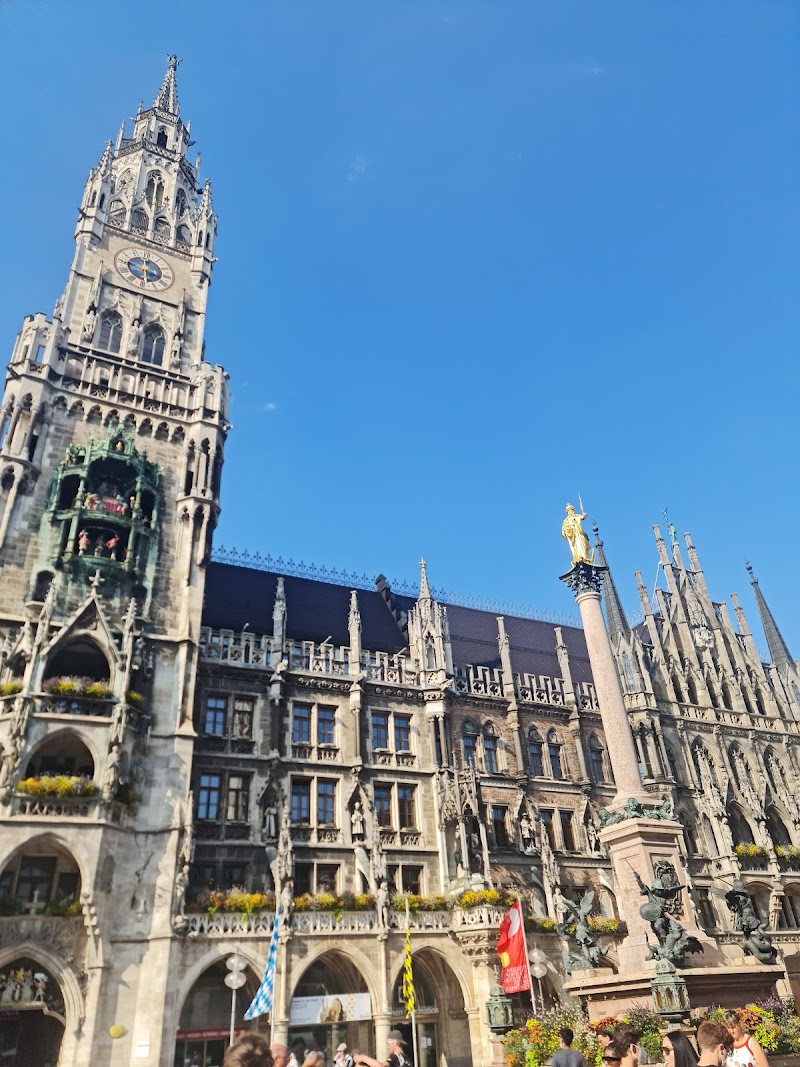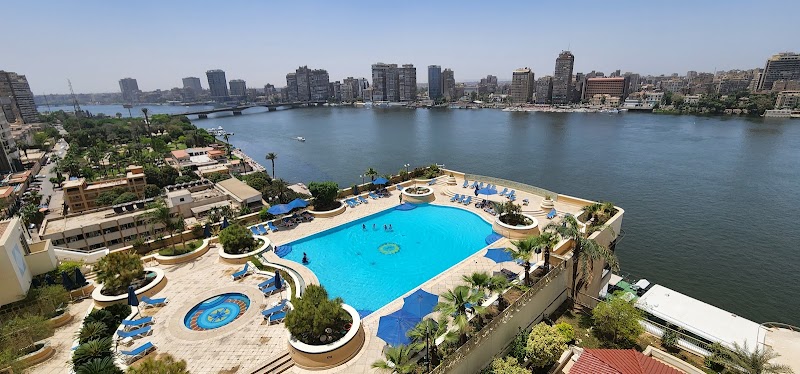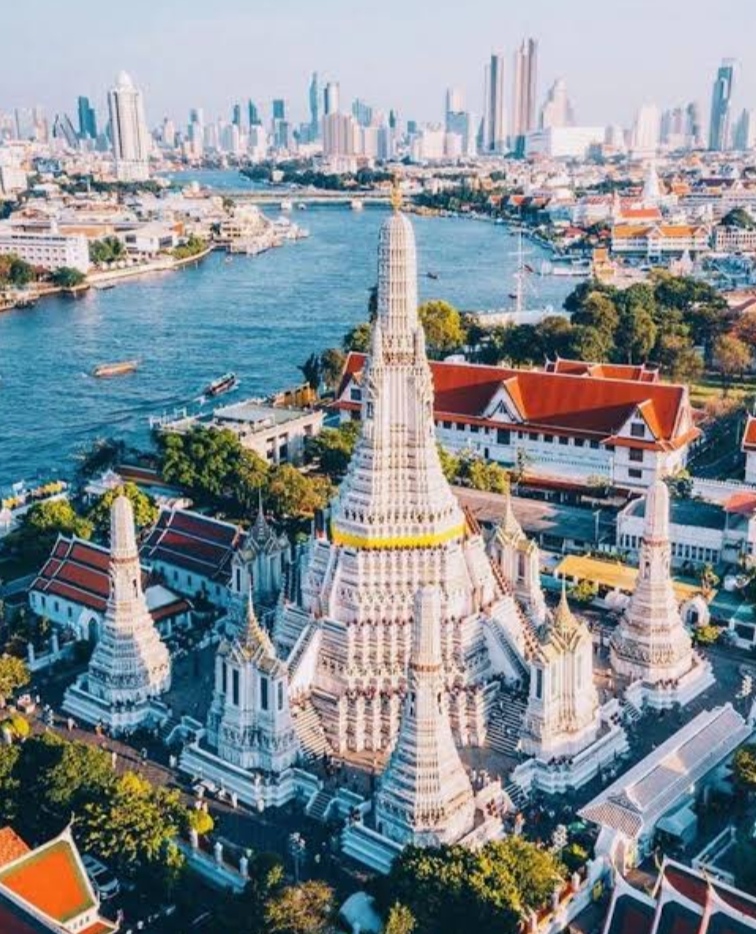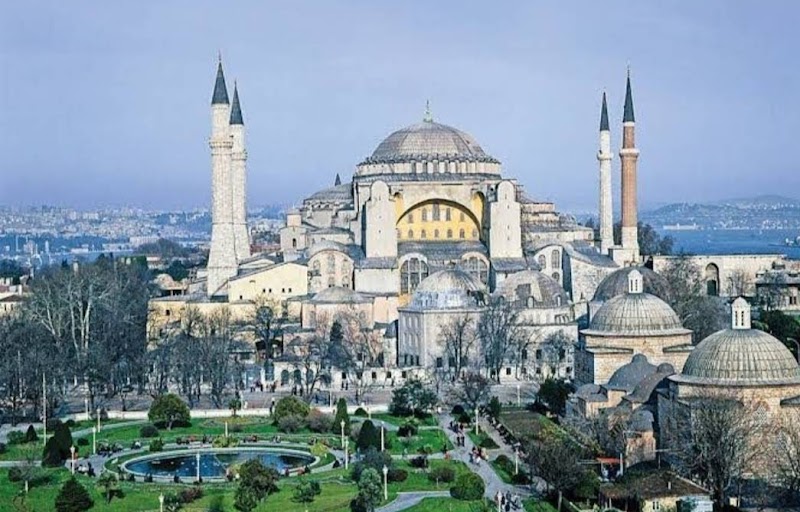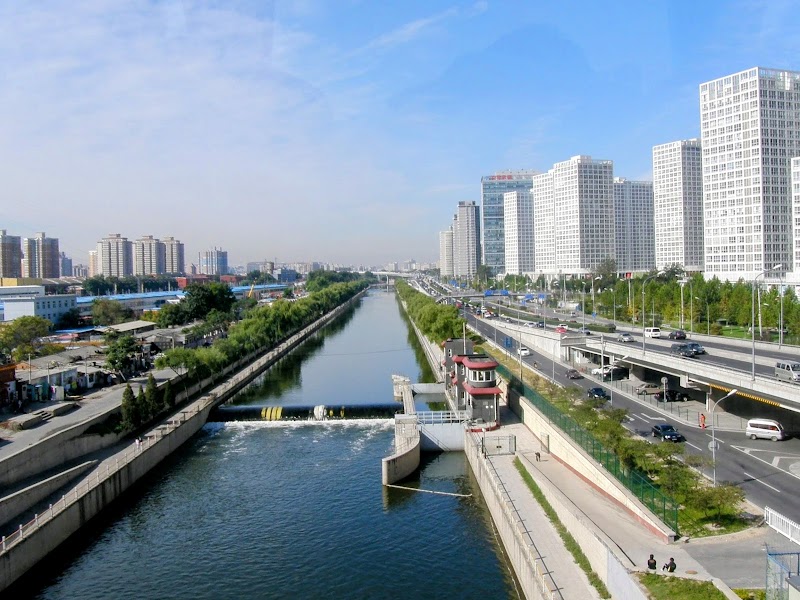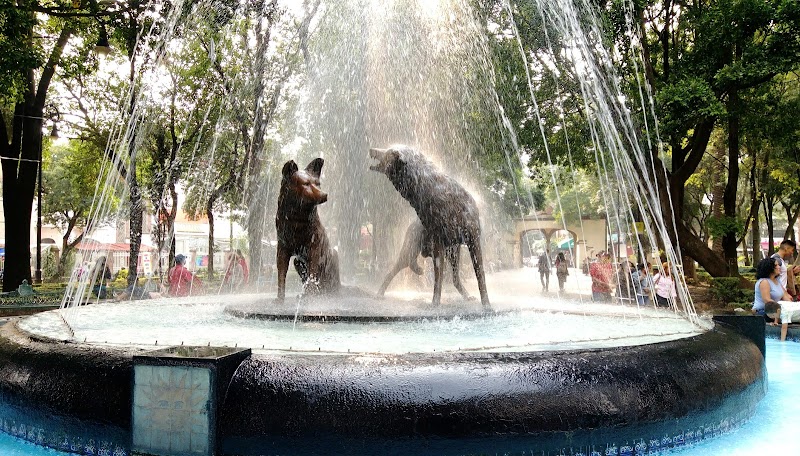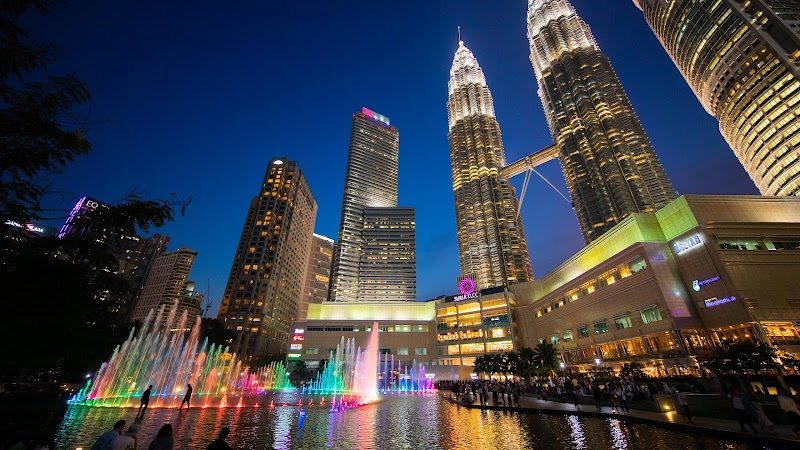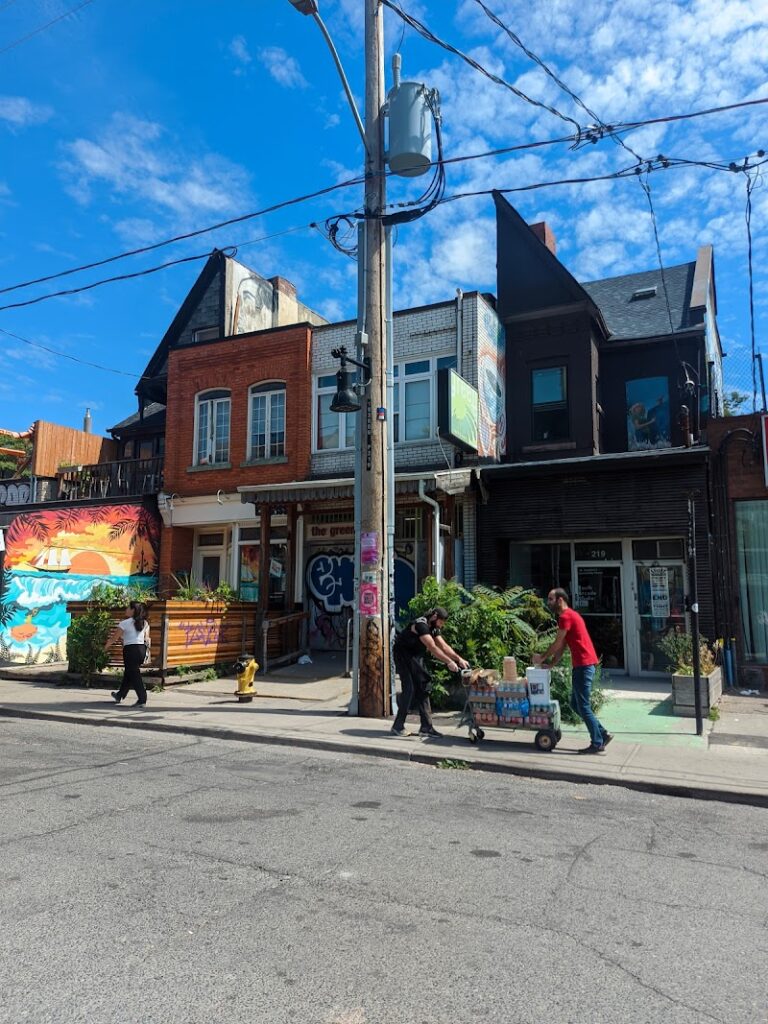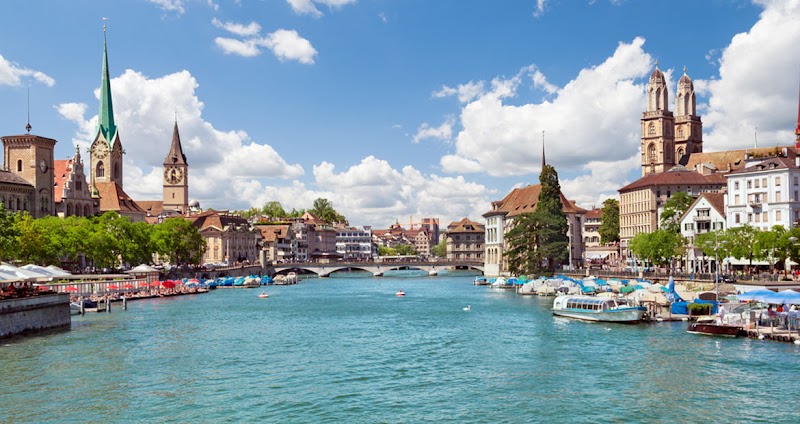Welcome to Munich
Did you know that Munich, with its 61 theaters and 36 museums, is considered one of the world's leading cultural capitals? From the iconic Marienplatz with its stunning New Town Hall, to the historic artistry of the Residenz, Munich's largest city palace, and the breathtaking green expanse of the English Garden, Munich is a city that knows how to blend history and modernity in the most enchanting way.
As you embark on your Munich journey, having a reliable and comprehensive tourist map can be your best travel companion. This tool will help you to navigate the city with ease, discover hidden gems, and plan your routes efficiently. The Munich tourist map is not just a guide, but your passport to an unforgettable Bavarian adventure.
" Booking.comExploring Munich: The Heart of Bavaria
Rich in history, culture, and brimming with Bavarian charm, Munich is a city that effortlessly wears many hats. From its iconic beer halls to its majestic baroque churches, there is an eclectic mix of experiences awaiting every traveler. Let's dive into the heart of Munich and discover the must-see attractions that make this city a beloved destination.
Iconic Landmarks in Munich
The Nymphenburg Palace, with its lavish baroque interiors and sprawling gardens, is a testament to Munich's regal past. Once the summer residence of Bavarian rulers, today it stands as a symbol of the city's enduring elegance. Just a stone's throw away, you'll find the Munich Botanical Garden, a verdant oasis that houses over 14,000 species of plants.
Not to forget, the Deutsches Museum, the world's largest museum of science and technology, is a treasure trove of knowledge. Its vast collection spans various disciplines, from physics and astronomy to biotechnology and energy technology. A visit to this iconic landmark is a must for science enthusiasts and curious minds alike.
Art and Culture in Munich
Munich's vibrant arts scene is a reflection of the city's deep-rooted love for creativity and innovation. The Kunstareal, Munich's art district, is home to numerous galleries and museums, including the Alte Pinakothek, one of the oldest galleries in the world. The gallery houses an impressive collection of European masterpieces dating from the Middle Ages to the end of the Rococo period.
For a taste of contemporary art, head to the Brandhorst Museum. With over 1,200 exhibits, it offers an exciting exploration into the world of modern art. If you're interested in the performing arts, make sure to catch a show at the National Theatre, which hosts performances by the Bavarian State Opera and the Bavarian State Ballet.
Munich's Beer Garden Culture
Beer is an integral part of Munich's culture, and nowhere is this more evident than in the city's bustling beer gardens. The Hofbräuhaus, arguably the world's most famous beer hall, offers an unmatched experience with its traditional Bavarian music, hearty meals, and, of course, its renowned beer. Another popular spot is the Augustiner-Keller, one of Munich's oldest beer gardens, where you can enjoy a cold brew under the shade of chestnut trees.
In addition to these, the tourist map of Germany features several other beer gardens and breweries in Munich, allowing you to explore the city's beer culture at your own pace.
Traditional Bavarian Experiences
Munich's charm lies not just in its grandeur but also in its traditions that have stood the test of time. The Viktualienmarkt, a daily food market in the heart of the city, offers a captivating glimpse into Munich’s culinary scene. From fresh produce and gourmet foods to traditional Bavarian specialties, there's something to satiate every palate.
Finally, no visit to Munich would be complete without experiencing Oktoberfest, the world's largest beer festival. With its lively atmosphere, traditional Bavarian music, and an endless supply of beer, Oktoberfest truly embodies the spirit of Munich.
From its awe-inspiring landmarks and rich culture to its vibrant beer gardens and traditional experiences, Munich offers a blend of old-world charm and modern sophistication that is sure to captivate every traveler.
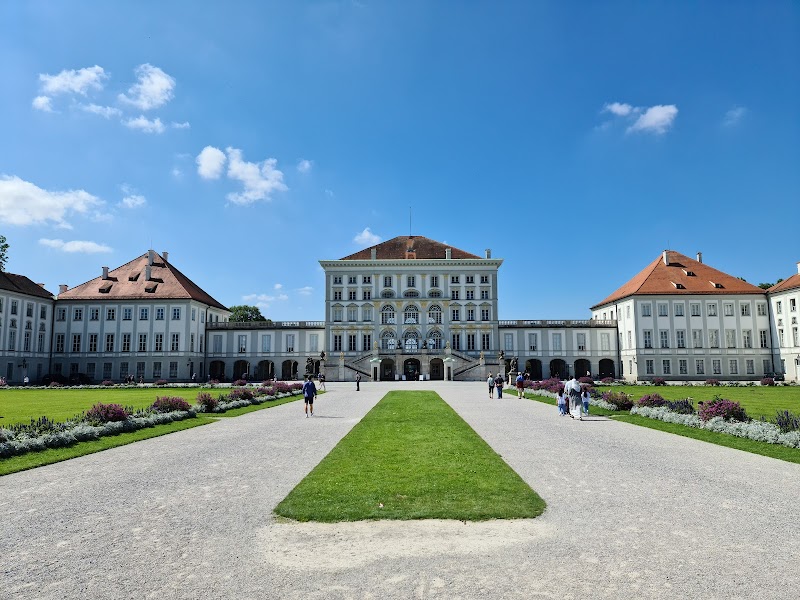
Practical Information for Munich
Transportation and Mobility
Getting around Munich is a breeze thanks to its excellent public transportation network. The U-Bahn (Underground), S-Bahn (Suburban Train), trams, and buses are interconnected, making it easy to navigate the city. Single tickets start at €2.80 for a short trip, and day tickets range from €6.70 to €12.80, depending on the number of zones you plan to visit.
Bikes are also a popular mode of transportation in Munich. With over 200 kilometers of bike lanes, it's an eco-friendly and efficient way to explore. Bike rentals start at around €10 per day.
Schedules and Prices
Most museums in Munich are open from 10 am to 6 pm, Tuesday to Sunday, with many offering extended hours on certain days. General admission prices range from €5 to €10, with discounts for students, seniors, and groups.
Restaurants and cafes in Munich typically open around 11 am and close around 11 pm, but hours can vary. Expect to pay around €10-15 for a meal at a mid-range restaurant.
Safety Tips
Munich is generally a safe city, but like any major destination, it's important to stay vigilant. Avoid carrying large amounts of cash and keep your belongings secure, especially in crowded areas like Marienplatz or the Hauptbahnhof (main train station).
Practical Recommendations
The best times to visit Munich are late spring (May to June) and early fall (September to October) when the weather is mild and the city is less crowded. Remember to pack a rain jacket as these periods can also be rainy.
Always have some cash on hand as not all establishments in Munich accept credit cards. Also, remember to validate your public transportation ticket before boarding to avoid fines.
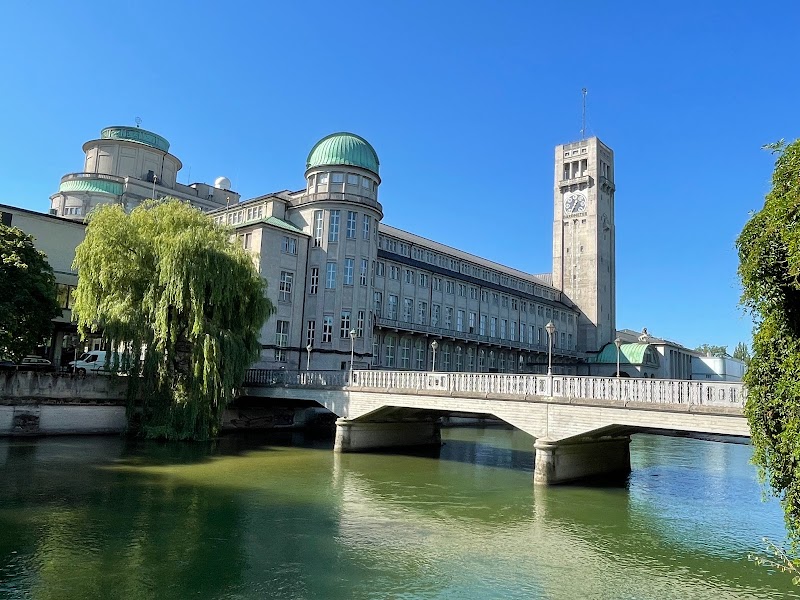
Frequently Asked Questions about Munich
While we've covered a lot about Munich, you might still have some specific questions about this exciting city. Here are answers to some of the most common queries that travelers have.
1. Are there any specific dress codes or cultural norms I should be aware of when visiting Munich?
While Munich is quite a cosmopolitan city, it's always respectful to dress decently when visiting religious sites like churches or cathedrals. Avoid wearing skimpy or revealing clothes in these places. Otherwise, wear what you feel comfortable in. Bavarians are known for their traditional clothing like Lederhosen and Dirndls, but you're not expected to dress in these unless you're attending Oktoberfest or a similar traditional event.
2. Are there any local festivals or events that I should look out for in Munich?
Beyond the well-known Oktoberfest, Munich hosts several other local festivals that are worth checking out. For example, the Starkbierfest in March is a lesser-known beer festival that locals love. The Munich Film Festival in June and the Tollwood Winter Festival in December are also great occasions to experience the city's vibrant culture.
3. How easy is it to get by with English in Munich?
English is widely spoken in Munich, especially in areas frequented by tourists. You should have no problem navigating the city, dining, or shopping with English. However, learning a few basic German phrases can enhance your travel experience, as locals appreciate when visitors make an effort to speak their language.
4. Is it possible to do day trips from Munich to other cities?
Munich's central location in Europe makes it a fantastic base for day trips. Cities like Nuremberg, Augsburg, and even Salzburg in Austria are within easy reach by train. The fairy-tale castles of Neuschwanstein and Linderhof are also popular day trips from Munich.
5. What are some unique souvenirs I can bring back from Munich?
Besides the typical beer mugs and fridge magnets, Munich offers a variety of unique local products for souvenirs. Consider bringing home a traditional Bavarian hat (Tirolerhüte), locally made mustards, or a handcrafted cuckoo clock. For chocolate lovers, a visit to the local chocolateries like Elly Seidl or Confiserie Rottenhöfer can result in some sweet souvenirs.
6. Are there any special considerations for travelers with dietary restrictions?
Even though Munich is famous for its meaty sausages and hearty stews, the city caters well to different dietary needs. Many restaurants offer vegetarian and vegan options, and you can find a good variety of international cuisines. Gluten-free options are becoming more common as well. However, it's always a good idea to check menus online or ask the staff before making a reservation.
